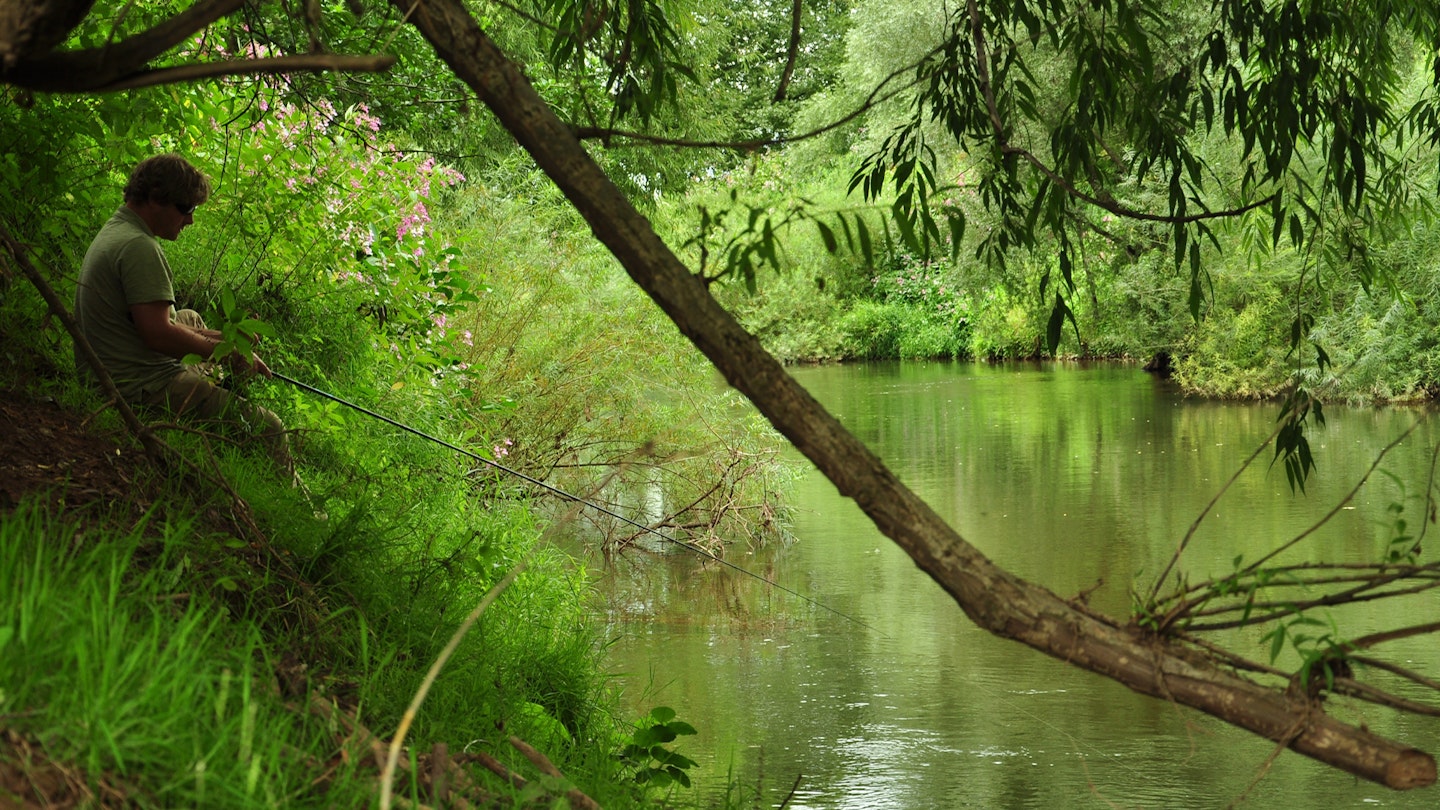Has there ever been a more uncertain yet exciting time for angling? The future is as scary as it is full of possibilities. But what are the biggest issues our sport now needs to address?
Angler recruitment and retainment
Some may dislike busy fisheries, but newcomers are vital for the future. Strangely enough, the Covid era has seen a boom in angler numbers as ‘green space therapy’ and outdoor activities are valued more than ever.
And, of course, every new angler means more cash for fishing clubs, tackle shops and vital fishery improvements.
Perhaps the bigger question is how to convert new blood into regular and lifelong anglers. That’s the big challenge – but the good news is that our sport has an amazing amount of expert help these days. Angling Trust coaches alone number over 1,300 across the country, not to mention countless volunteers.
What can we do?
The simplest action is simply to take friends and family fishing! It’s up to every club, fishery and individual to do their bit.
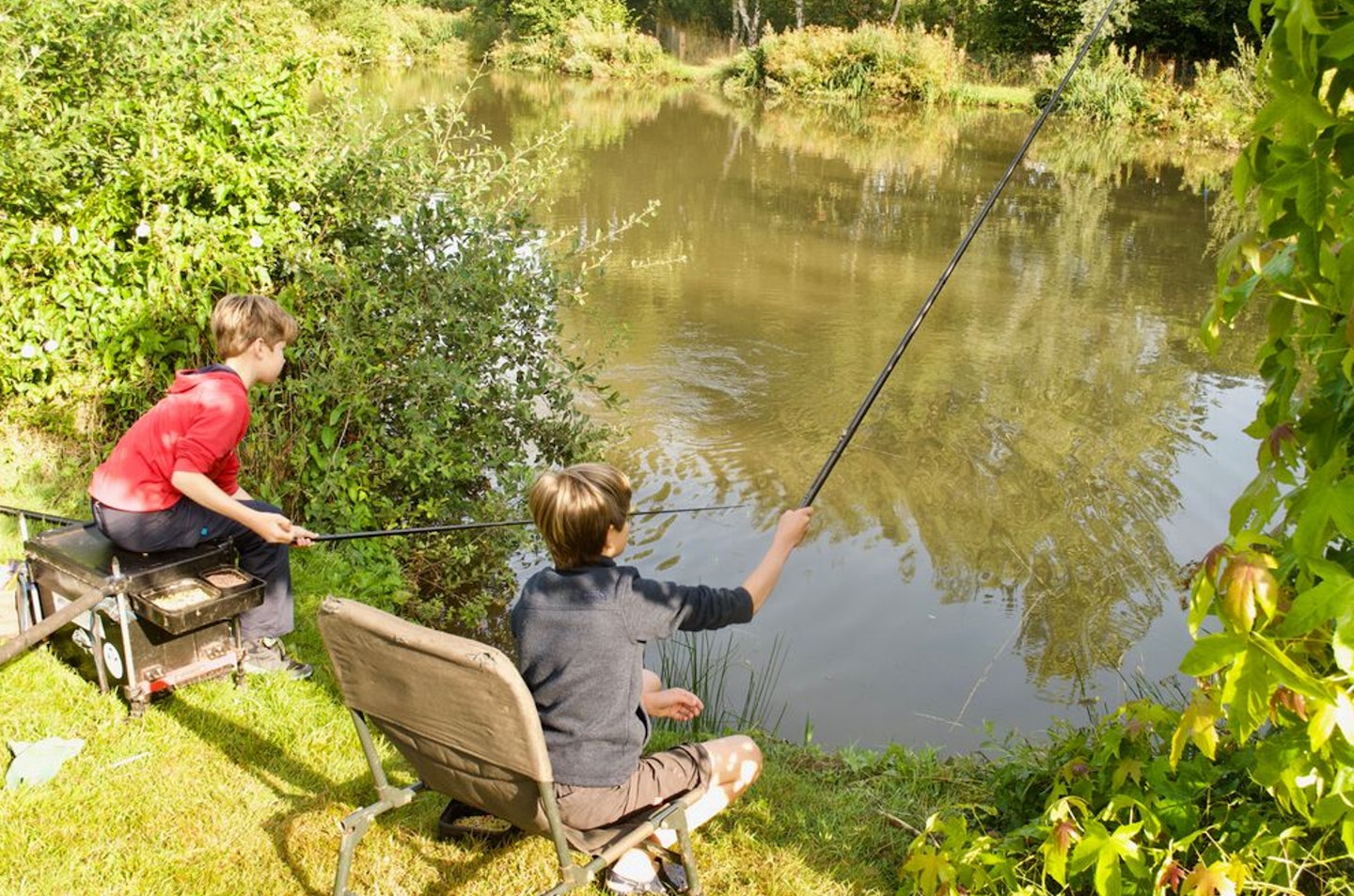
Pollution and poor water quality
Often overlooked because the signs can be subtle, pollution and habitat damage are massive issues for fishing. Habitat degradation means less aquatic life and fewer fish, leaving fisheries more vulnerable to other threats, including predation.
With only 14 per cent of English rivers currently of a good ecological standard, and not one being free of harmful chemicals, this remains a huge battle.
Industry was once the main threat, but these days it’s agricultural pollution and sewage that cause most harm. In 2020 alone, water companies discharged sewage into rivers and coastal waters more than 400,000 times!
What can we do?
Everyone should join the “Anglers Against Pollution” campaign! Anglers can also support clubs and volunteer efforts to improve habitats.
Predation
Predation is a natural part of life on our waterways, but when an imbalance occurs the results can be drastic. Be it cormorants decimating silverfish numbers, or otters taking specimen fish, fisheries can be hit hard.
The Angling Trust has vowed to battle on after another failed attempt to have cormorants added to the general licence in 2020, while also securing over £600,000 for otter-proof fencing.
What can we do?
Civil war within angling is definitely not the answer! While controls on some species could be introduced, calls to cull otters are unrealistic and could do angling a lot of harm. Ultimately, healthier, more resilient fisheries are the only long-term solution to predation.
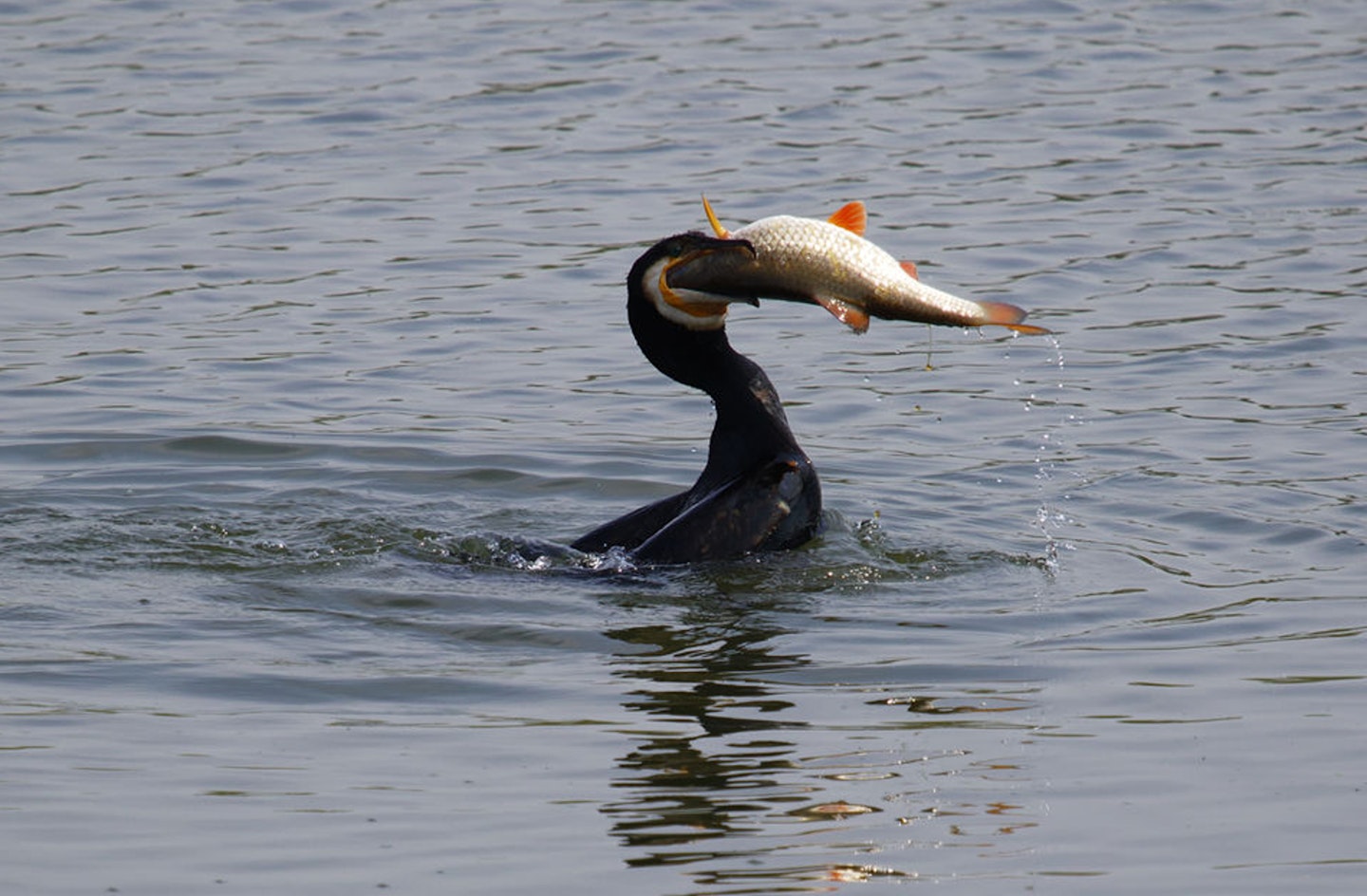
Illegal fishing
Statistics tend to show legal compliance is higher than the public assumes, but there are still big issues surrounding fish theft. These days, it’s as likely to be British anglers as foreign nationals, with the theft and sale of specimen fish another huge issue.
What can we do?
Start by calling every incident in on 0800 807060. Fishery policing is heavily dependent on intelligence, and if you don’t report it, nobody knows it happened! The Voluntary Bailiff Service is also key to getting boots on the bank to help already stretched police and EA officers.
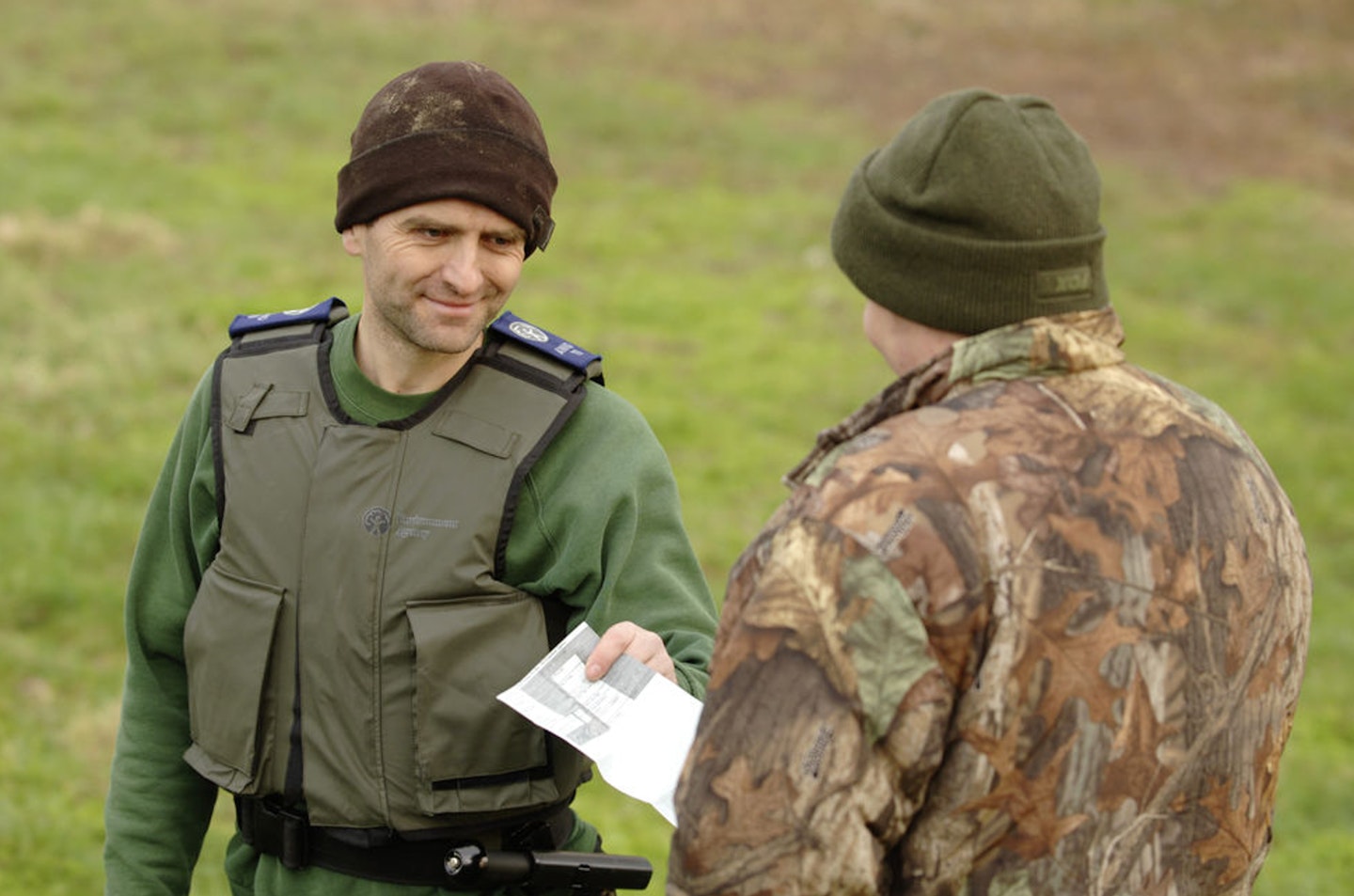
Fishery losses
Whether it’s anglers being turfed off a natural lake or councils declaring the local harbour a no fishing zone, our sport simply can’t afford to lose more venues!
Two huge recent cases have centred around Sevenoaks Wildlife Reserve and Dover’s Admiralty Pier, both in Kent.
Anglers were eventually allowed back on the banks at Sevenoaks, but that was only after concerted pressure from various groups.
Meanwhile the future of Admiralty Pier from an angling point of view remains in the balance.
What can we do?
We can all apply pressure to councils and MPs when a venue is threatened.
Angling can also help itself by highlighting the huge wellbeing benefits of our sport!
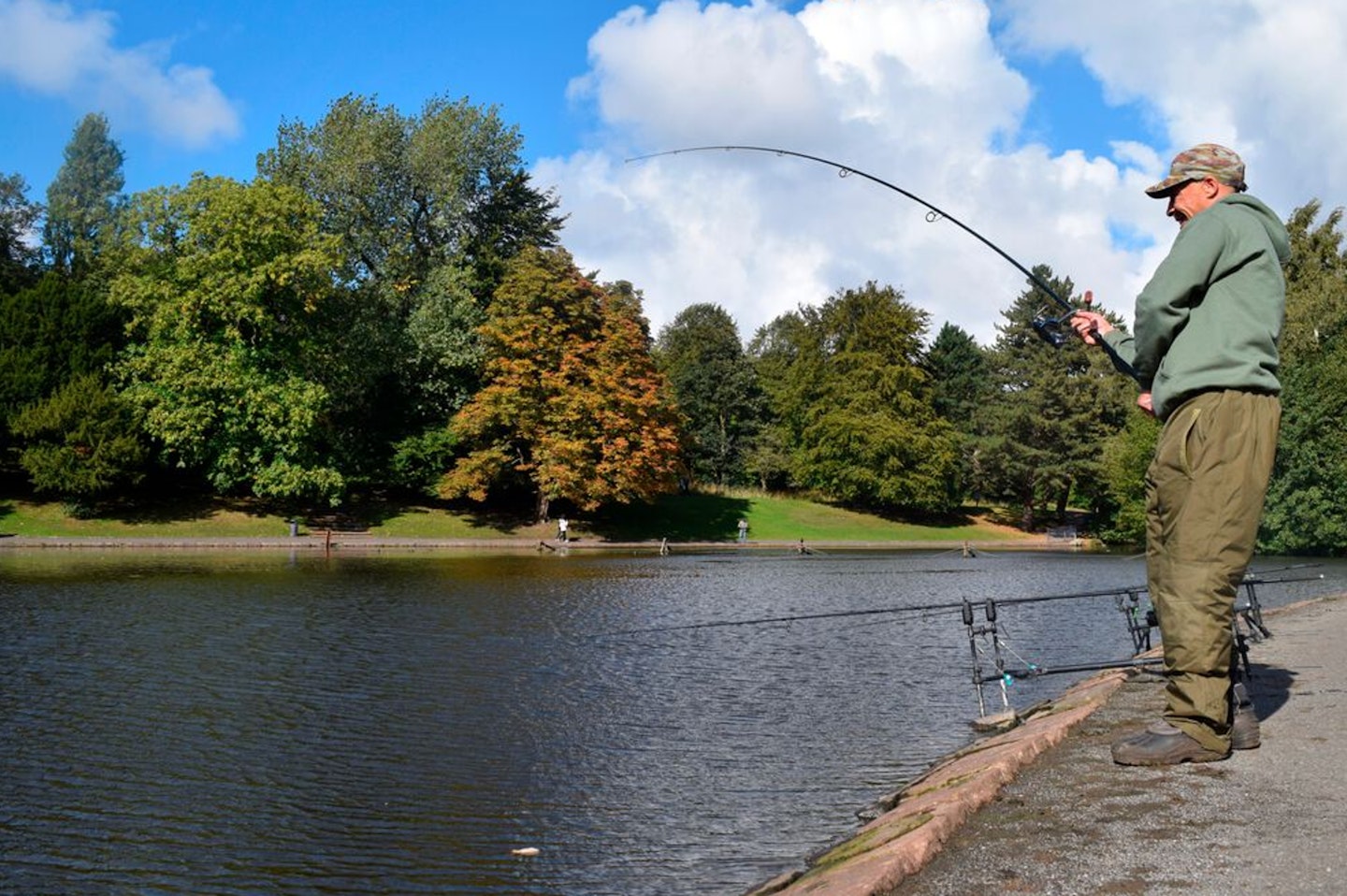
Broadening our base!
DESPITE improved angler numbers since last year, fishing still has big issues around diversity. It’s still all too rare to see women and ethnic minority members on the bank. It’s not about being ‘woke’, because in the long-term angling needs all the help it can get. Besides boosting numbers, wider cultural support could prove critical to our very survival.
What can we do?
Well, there’s no quick fix – it’s up to us all to make our sport as welcoming and inclusive as possible.
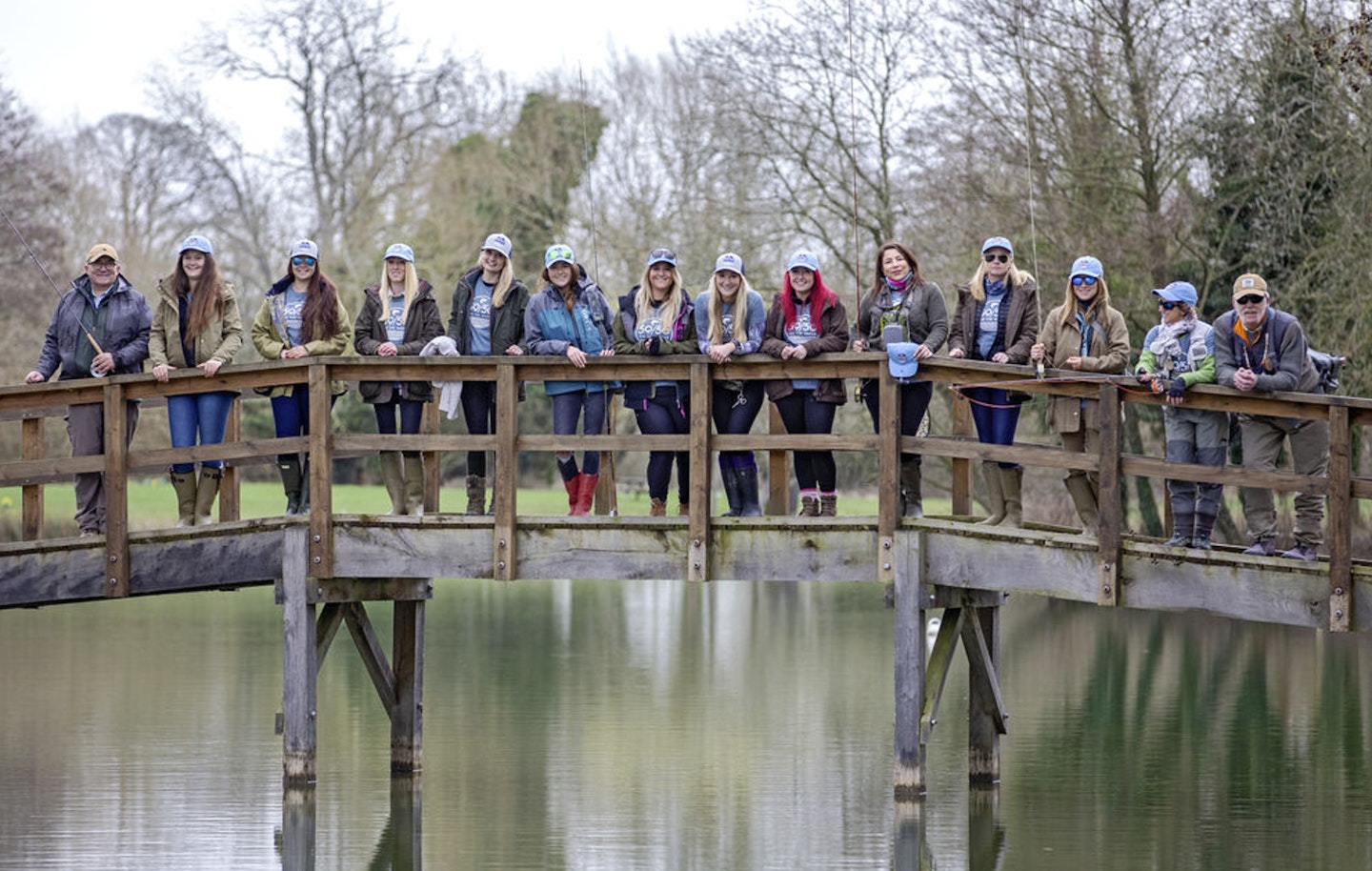
Affordability and access to venues
At its best, fishing can offer incredible value and a friendly welcome. However, accessible, great-value fishing can be a postcode lottery. Some towns and cities have fabulous low-cost venues close by, while in others the fishing is either very exclusive or information is non-existent.
What can we do?
Angling has to get better at promoting itself. Better online information and more affordable day-ticket fisheries would also help.
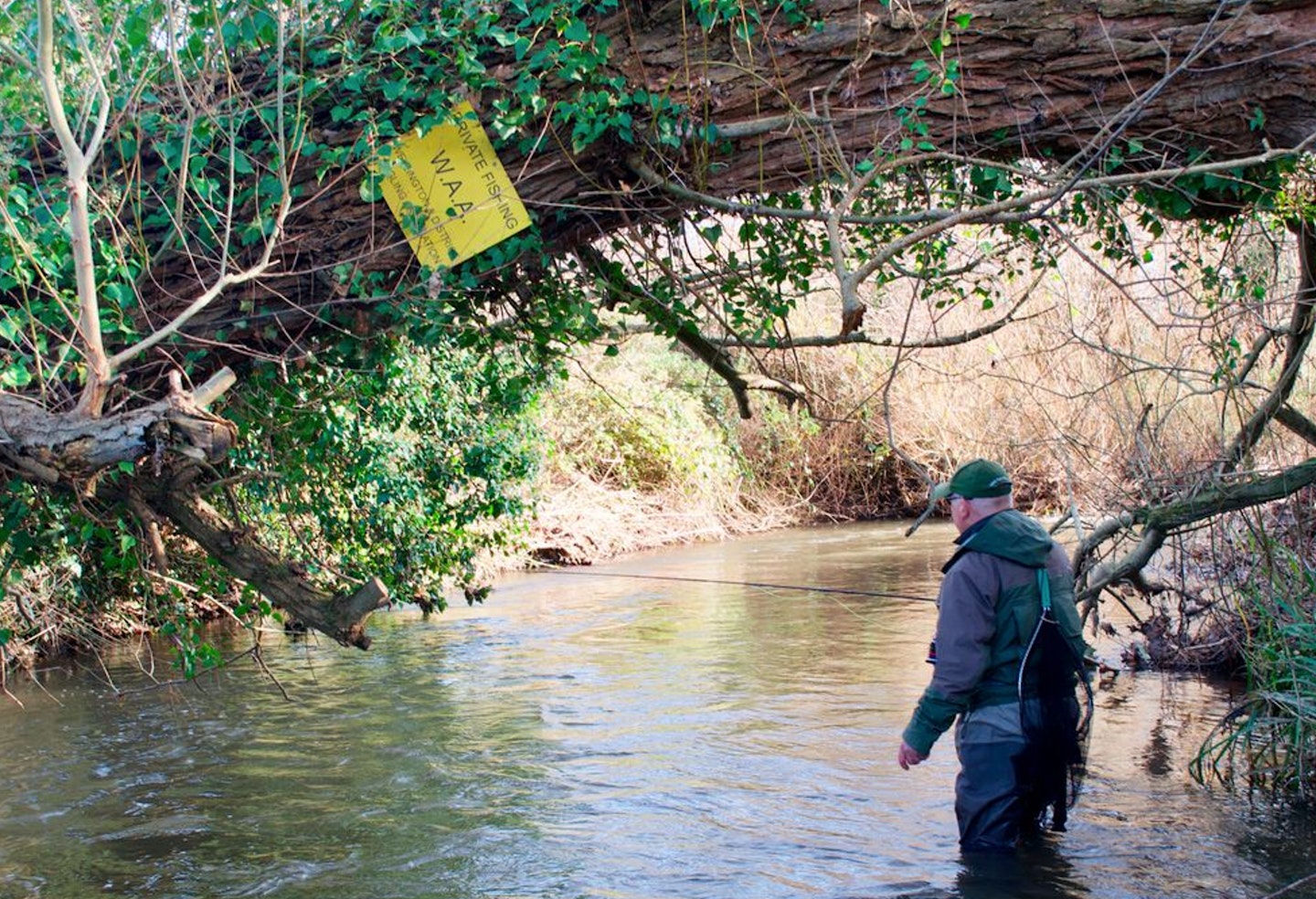
Non-Native Invasive Species
Unwittingly transferred by humans, alien species are a nightmare for many fisheries.
From signal crayfish to Himalayan balsam plants, there’s probably no part of the country now free of invasive pests. Nor are they easy to eradicate once they gain a foothold.
What can we do?
Every angler should check, clean and dry wet gear like nets and waders between trips. Getting your nets bone-dry out on the lawn is a great start.
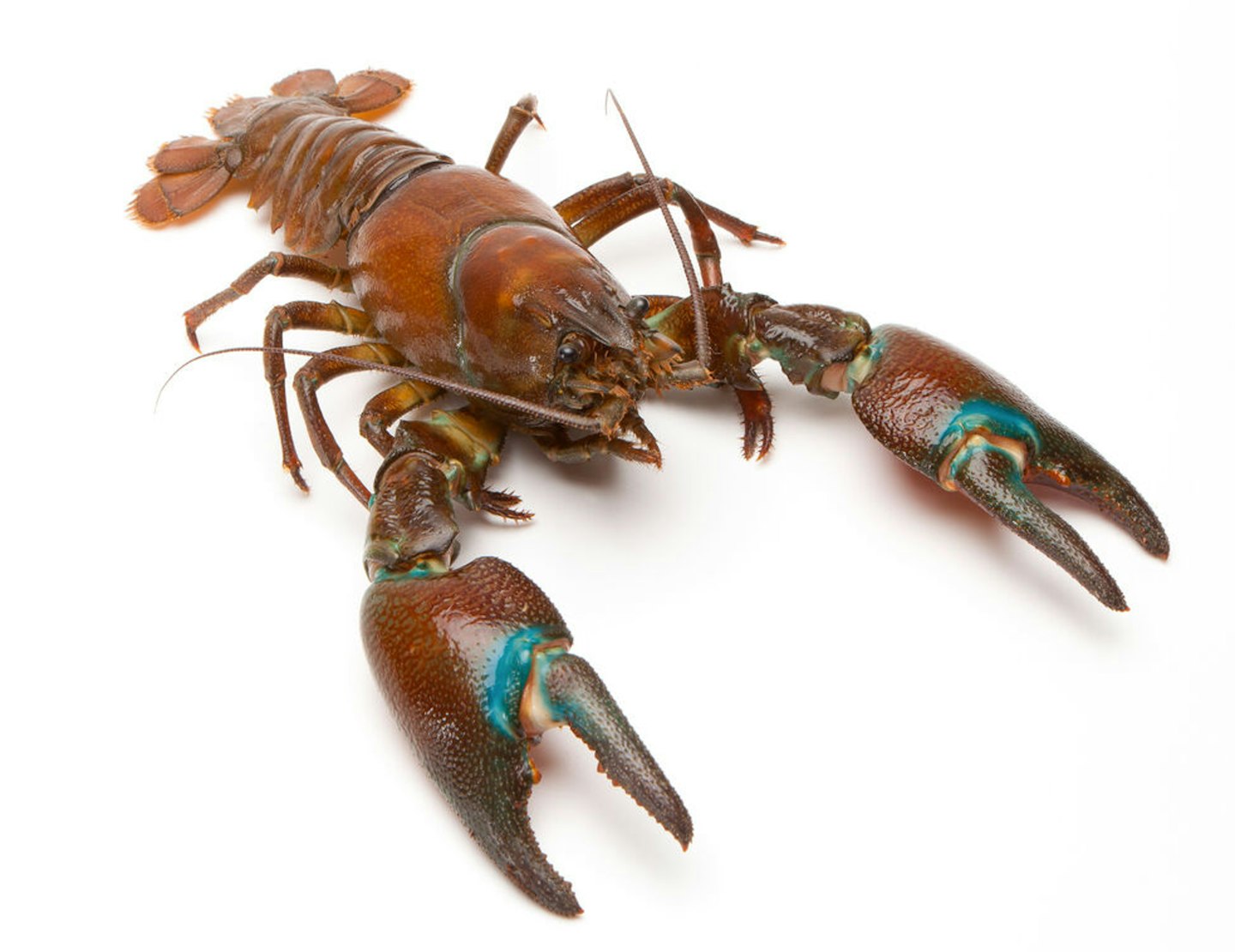
Do your bit! Have you Joined the Angling Trust?
THERE are 101 ways to help the sport we love, but there’s only one organisation that fights on all fronts – and that’s the Angling Trust.
With its own FishLegal team and seasoned campaigners banging on the doors of power, it is our only collective voice on the biggest issues.
You can find out more at anglingtrust.net
